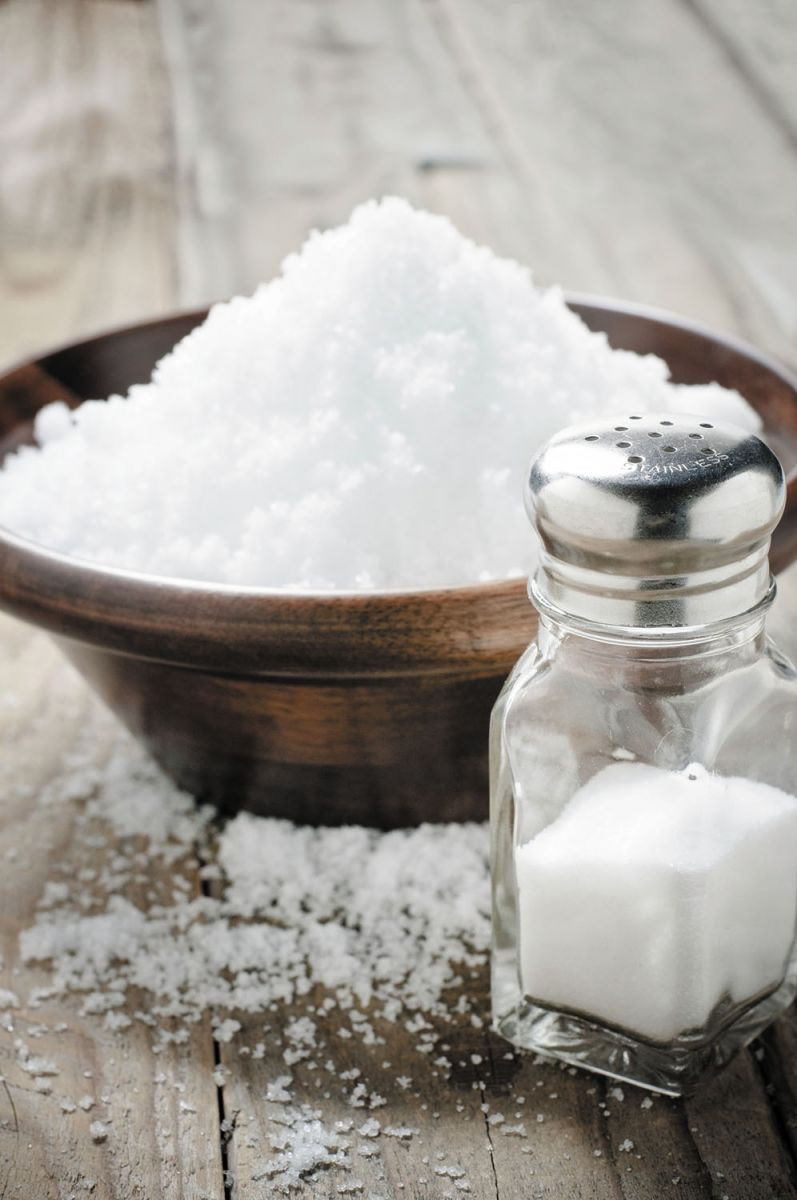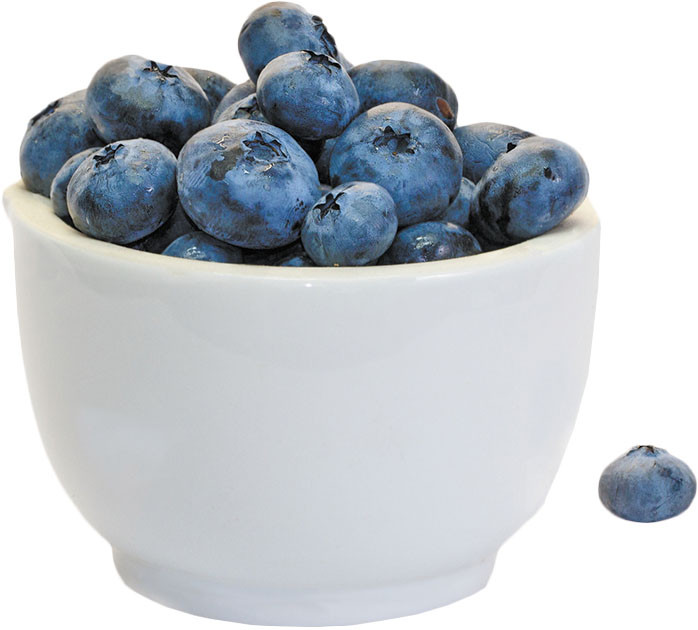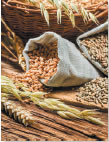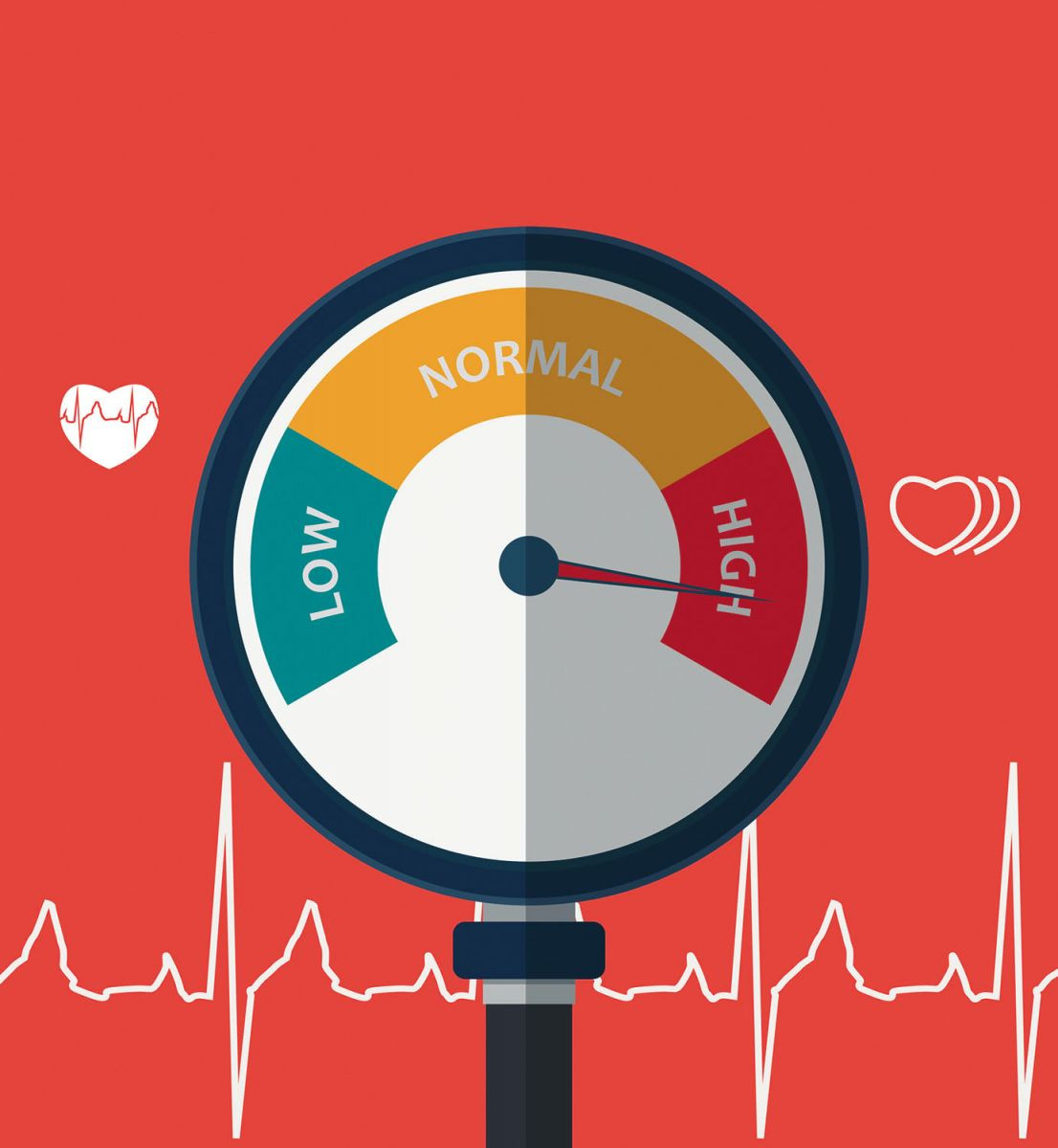
New thinking about plaque in arteries that feed the brain

Want to prevent shifting teeth? Maybe you need retainers

What you need to know about the new dietary guidelines

Food that’s healthier for people and planet can be cheaper, too

New evidence that polyphenol-rich foods help the heart

8 simple ways to reduce ultra-processed foods in your diet

How to curb your stress eating

How to spot Parkinson’s disease symptoms

Heart failure symptoms in women: How they’re different

GERD diet: Foods to avoid to reduce acid reflux
Controlling Your Blood Pressure Archive
Articles
Salt sensitivity: Sorting out the science
Eating too much salt usually boosts blood pressure, but not in everyone. Understanding the genetic basis of these differences may improve treatment of high blood pressure.
Do you know someone who eats lots of salty food — pizza, pickles, pretzels, and the like — but has naturally low blood pressure? That person may be salt-resistant, which means his or her blood pressure doesn't rise very much in response to a diet high in salt (sodium chloride). In contrast, other people are salt-sensitive, which means their blood pressure rises by 5 points or more if they switch from a low-sodium to a high-sodium diet.
Unfortunately, there isn't an easy test to determine who is salt-sensitive, says endocrinologist Dr. Gordon Williams, professor of medicine at Harvard Medical School. "Still, we know that Americans eat far more salt than they actually need, so it makes sense to advise everyone cut back on salt," he says.
Skip vitamins, focus on lifestyle to avoid dementia
News briefs
Vitamins and supplements won't help stave off dementia, but a healthy lifestyle might, suggest new guidelines released May 19, 2019, by the World Health Organization (WHO). The WHO warns that the number of new dementia cases around the world — currently 10 million per year — is set to triple by 2050. While there's no cure for any kind of dementia (such as Alzheimer's disease and vascular dementia), the WHO says it may be possible to delay the onset of the disease or slow its progression. The key: managing modifiable risks, such as chronic disease and unhealthy habits. The guidelines recommend that you keep your weight, cholesterol, blood pressure, and blood sugar under control; get lots of exercise; and eat a Mediterranean-style diet (which emphasizes olive oil, fruits, vegetables, nuts, and fish; minimizes red meats and processed meats; and includes a moderate amount of cheese and wine). The WHO also advises that you don't smoke and you avoid harmful use of alcohol (no more than one drink per day for women, no more than two drinks for men). But don't count on supplements to help you stave off dementia. The WHO says there's no evidence that vitamin B, vitamin E, multivitamins, or fish oil supplements help reduce the risk for dementia. The agency recommends against using supplements as a means to ward off cognitive decline.
Image: © kali9/Getty Images
Ask the doctor: Is it okay to travel to a high altitude with high blood pressure?
Q. Some friends invited me to accompany them to Rocky Mountain National Park. I would love to go, but I have high blood pressure and worry that high altitudes are dangerous for people with high blood pressure. Is that the case?
A. If you have high blood pressure but are otherwise healthy, your blood pressure is under control, and you take some precautions, a trip to the Rocky Mountains should be fine.
Blueberries may help lower blood pressure
In the journals
Eating a cup of blueberries every day may help your blood pressure, suggests a new study. The results, published online Feb. 16, 2019, by The Journals of Gerontology, Series A: Biological Sciences and Medical Sciences, found that consuming 200 grams of blueberries (about one cup) daily can improve blood vessel function and decrease systolic blood pressure (the top number in a blood pressure reading).
Researchers recruited 40 healthy men and randomly gave them either a drink containing 200 grams of whole wild blueberries or a control drink (which looked and tasted much the same) every day for a month. The team also monitored the men's blood pressure as well as the flow-mediated dilation of the brachial artery in their upper arms. This measures how the artery widens when blood flow increases and is a marker of reduced cardiovascular disease risk.
Explaining high blood pressure
Ask the doctor
Q. What causes high blood pressure?
A. My answer is going to start in your back yard; stay with me. You're holding a hose, you turn on the water, and it shoots through the hose and out the nozzle. The water is moving because it's under pressure. Similarly, when your heart beats it creates pressure that enables your blood to "water" your body with the nutrients that are in your blood.
Three things affect the amount of pressure that pushes blood through your body: how forcefully the heart pumps, how much blood there is, and how narrow the smallest blood vessels are. That last one may need some explanation. When you're watering plants, and you want the stream of water to go farther, what do you do? You make the nozzle smaller. Narrowing the opening through which the water flows increases the pressure, and the water then is able to reach the distant flowerbed.
8 pill-free ways to lower your blood pressure
A healthy diet that includes plenty of fresh fruit and vegetables can help to lower and control high blood pressure. Images: Thinkstock |
Try losing weight, changing your diet, and exercising.
Sometimes getting your blood pressure under control requires that you take several medications each day, such as a diuretic and a calcium-channel blocker. But some therapies don't involve medication. "People who have drug intolerances or are unwilling to take medications can try pill-free therapy, and it can also be used to make a medication regimen more effective," says Dr. Randall Zusman, a cardiologist and Harvard Medical School associate professor.
Avoid these common blood pressure measuring mistakes
This checklist can help ensure accurate readings both at the doctor's office and at home.
Image: © Maica/Getty Images
Blood pressure is a key indicator of cardiovascular health. So it's vitally important to make sure that you check yours regularly — and accurately. But according to the American Heart Association (AHA), health care professionals don't always follow the proper techniques when measuring a person's blood pressure. The AHA cites seven common errors (detailed below) that can lead to an artificially high blood pressure reading.
Plus, there's one additional step that may be overlooked after you get a blood pressure reading of 130/80 mm Hg or higher, a level that defines high blood pressure, says endocrinologist Dr. Naomi Fisher, director of the Hypertension Service and Hypertension Innovation at Brigham and Women's Hospital.
Whole grains associated with longevity, say Harvard researchers
Regularly eating whole grains can help you lower “bad” cholesterol, triglycerides, and blood pressure. A diet rich in whole grains also “is associated with a lower risk of developing cardiovascular disease, type 2 diabetes, metabolic syndrome, and certain types of cancer,” says Dr. Qi Sun, an associate professor at Harvard Medical School.
In a study published in JAMA Internal Medicine, Sun and colleagues reported that eating whole grains may even extend your life. Sun used the diet information of more than 100,000 men and women whose health was followed for more than 20 years. The study found that those who regularly ate whole grains had a 9% lower overall death rate and a 15% lower death rate from heart disease.
New guidelines for high blood pressure diagnosis and treatment
News briefs
If you haven't talked to your doctor lately about your blood pressure, it may be time for a check-up. The definition of high blood pressure (hypertension) changed in November 2017, when the American College of Cardiology and the American Heart Association released new guidelines for diagnosis and treatment of the condition. High blood pressure used to be diagnosed at a measurement of 140/90 millimeters of mercury (mm Hg) or higher. Now these authorities state that if your blood pressure is 130/80 mm Hg or higher, you have hypertension. A normal blood pressure measurement is the same as it was before: less than 120/80 mm Hg. What if your blood pressure is in between normal and the new hypertension threshold? That's considered "elevated," something that should be watched and addressed with exercise, a healthy diet low in salt, limited alcohol intake (no more than one drink per day for women, one or two drinks per day for men), and weight loss as needed. The new guidelines are based on evidence that having a systolic (top) measurement from 130 to 139 and a diastolic (bottom) measurement from 80 to 89 doubles the risk for having a heart attack, stroke, or other complications.
Image: © eduardrobert/Thinkstock
Key minerals to help control blood pressure
It's usually best to get calcium, magnesium, and potassium from food. Are you getting enough?
A healthy, balanced diet plays a major role in blood pressure control. And you should consume some specific minerals on a regular basis for good blood pressure management: calcium, magnesium, and potassium. But do most of us get enough of these? "If you're eating a healthy diet, you probably have nothing to worry about. But people eating a diet of processed and canned foods or taking certain medications might not be getting enough of these micronutrients," says Dr. Randall Zusman, director of the Division of Hypertension at the Massachusetts General Hospital Heart Center.
1/2 cup canned white | 3 ounces of cooked | 1/2 cup cooked spinach: 419 mg potassium, 78 mg of magnesium, and 146 mg of calcium. |

New thinking about plaque in arteries that feed the brain

Want to prevent shifting teeth? Maybe you need retainers

What you need to know about the new dietary guidelines

Food that’s healthier for people and planet can be cheaper, too

New evidence that polyphenol-rich foods help the heart

8 simple ways to reduce ultra-processed foods in your diet

How to curb your stress eating

How to spot Parkinson’s disease symptoms

Heart failure symptoms in women: How they’re different

GERD diet: Foods to avoid to reduce acid reflux
Free Healthbeat Signup
Get the latest in health news delivered to your inbox!
Sign Up











